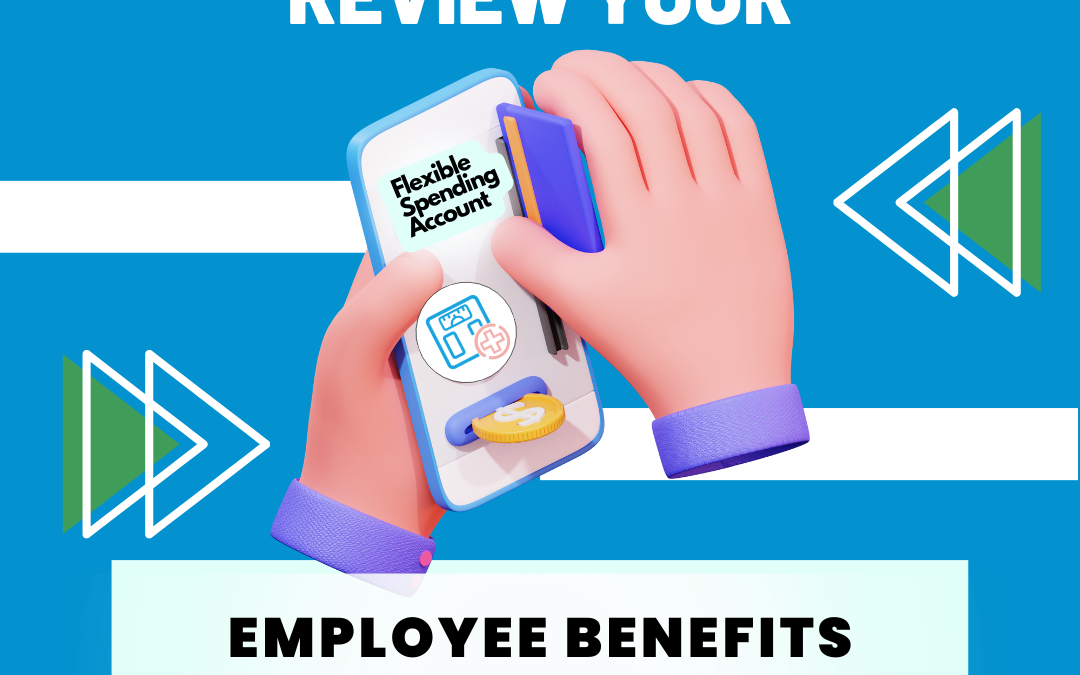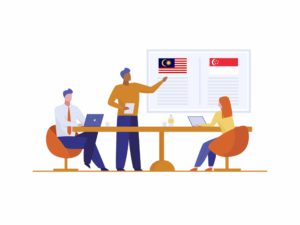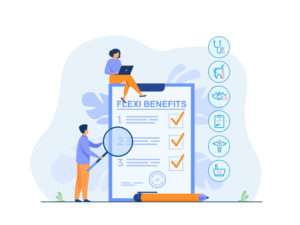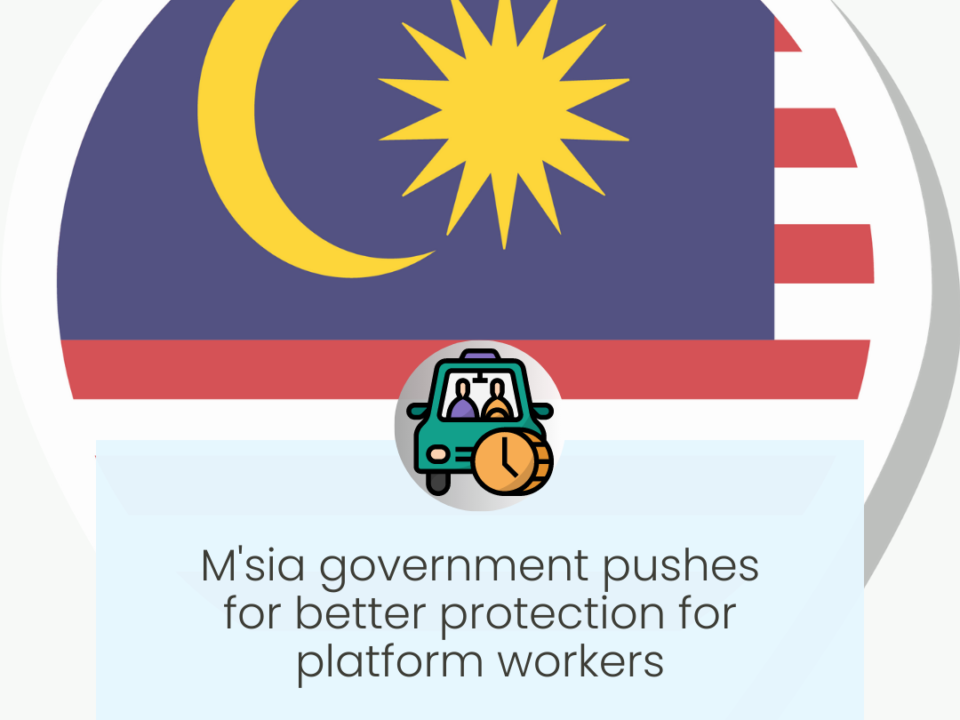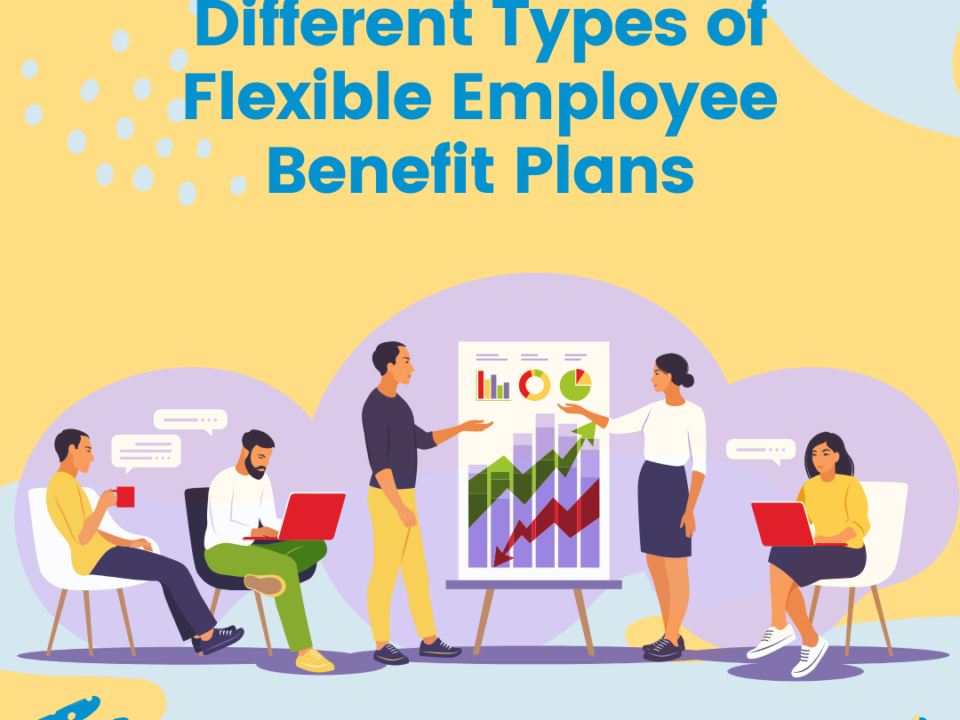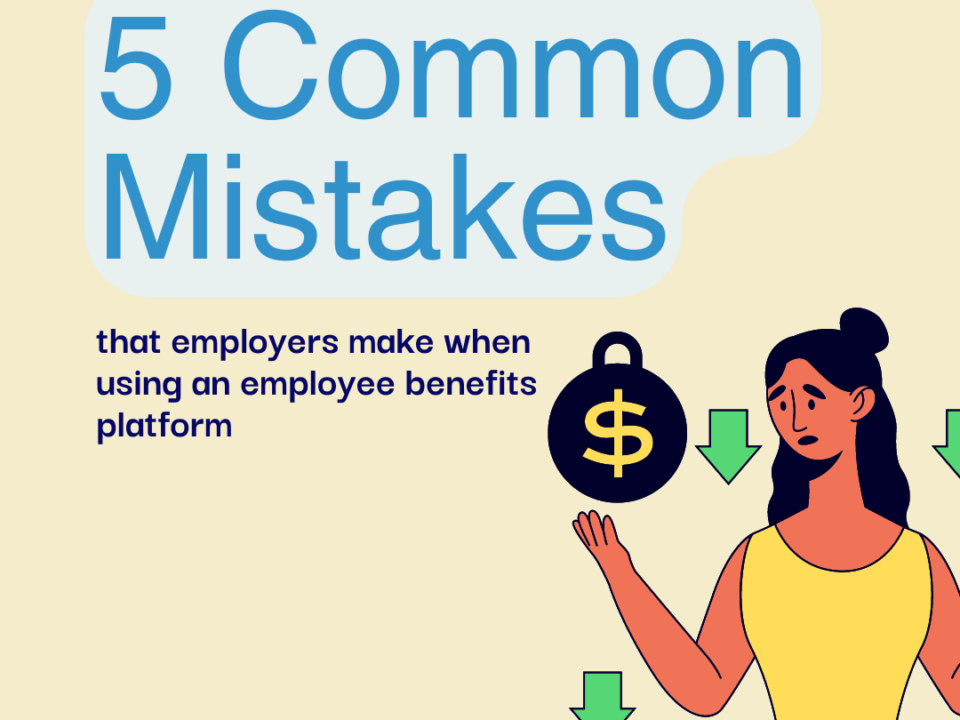
Top 5 common mistakes employers make when using an employee benefit platform
February 13, 2023
The ultimate guide to different types of flexible employee benefit plans
April 21, 2023A robust employee benefits strategy is no longer an option for businesses in 2023 and beyond
Employee Benefits
A robust employee benefits strategy is no longer an option for businesses in 2023 and beyond
March 8, 2023

Employee benefit plans play a critical role in attracting and retaining talent in today's competitive job market. In Southeast Asia, where the economic landscape is rapidly evolving and the workforce is becoming increasingly diverse, having a well-designed employee benefits strategy is even more important.
However, first, it is important to understand that when it comes to employee benefits, a one-size-fits-all strategy does not work because each employee has unique needs, preferences, and personal circumstances. Offering a variety of options that cater to a diverse workforce is critical since employee perks are essential for recruiting, retaining, and motivating employees. A single set of perks that do not satisfy the demands of all employees can cause discontent and raise the rate of employee turnover. Hence, it's essential to understand the unique needs of each employee and provide benefits that are relevant and worthwhile to them. Also, staff benefit not only benefits teams but are great for businesses too.
Check out our employee benefits checklist curated to help HRs in Malaysia, Singapore and beyond.
How employee benefits strategies can help businesses in Southeast Asia
When it comes to selecting personalised benefits, employees are being denied the freedom to do so due to the lack of employee benefit management platform to support this overwhelming process.
First, a comprehensive employee benefits package helps companies stand out from the competition. With the rise of the gig economy and flexible working arrangements, employees are looking for employers who can offer them more than just a paycheck. A robust benefits package that includes health insurance, retirement plans, and other perks can help companies appeal to potential candidates and demonstrate a commitment to their well-being.
Second, well-laid-out staff benefit plans can improve employee engagement and satisfaction. In fact, a recent report found that disengaged employees potentially cost American businesses up to $550 billion annually. Other studies have shown that employees who feel their employers are investing in their well-being are more likely to feel valued and motivated in their work. This, in turn, can lead to higher levels of job satisfaction, lower turnover, and improved productivity.
Third, employee benefits can help companies to manage their costs. For example, offering a comprehensive health insurance plan can help employees access the medical care they need and avoid more costly medical procedures down the line. Providing retirement plans can also help employees save for their future, reducing their dependence on government programs and reducing their financial stress.
It is clear that having a strong employee benefits strategy is essential for any company looking to attract and retain top talent in Southeast Asia. By offering a comprehensive package that prioritises the well-being of employees, companies can improve their competitiveness, employee engagement and satisfaction, and overall bottom line. Companies that invest in their employees will reap the rewards of a more productive, motivated, and loyal workforce.

Are flexible staff benefit plans better than traditional insurance policies?
Traditional insurance refers to the traditional forms of insurance such as health, life, and property insurance that provide coverage for specific events or circumstances. These insurance policies have fixed terms, conditions and benefits that are set by the insurance company and, most importantly, are not customizable by the individual policyholder.
Flexible employee benefits, on the other hand, refer to a variety of non-traditional benefits that are offered by employers to their employees. These benefits are designed to be more flexible and customizable, allowing employees to choose the benefits that best suit their individual needs. Examples of flexible employee benefits include health savings accounts, flexible spending accounts, and voluntary insurance options such as accidental death and dismemberment insurance.
In summary, traditional insurance offers a fixed set of benefits, while flexible employee benefits offer a more customized and personalized approach to benefits.
How can flexible employee benefits help businesses in Southeast Asia in 2023
According to Robert Walters' annual Salary Survey, 60% of Malaysian firms may have trouble keeping their best employees, whereas in Singapore, according to a recent Indeed survey, 48.95% of employees would ask their bosses for salary increases while 47.25% are predicted to look for better-paying positions due to growing concerns about rising living expenses and inflation.
Clearly, 2023 is an employee-first year and businesses need to offer more for attracting and retaining employees. This is exactly where flexible employee benefits can help by:
- Improving Employee Retention: Offering flexible benefits can increase employee satisfaction and reduce turnover, helping businesses save on the cost of hiring and training new employees.
- Attracting Top Talent: In a competitive job market, flexible benefits can make a company stand out and attract top candidates.
- Improving Employee Well-being: Providing benefits such as flexible work arrangements, wellness programs, and mental health support can help improve the overall well-being and productivity of employees.
- Boosting Employee Engagement: Allowing employees to choose and customize their benefits can increase their sense of ownership and engagement with the company.
- Adapting to Changing Needs: Flexible benefits can be adjusted as the needs of employees and the business change, making it a versatile and effective tool for companies in Southeast Asia in 2023.
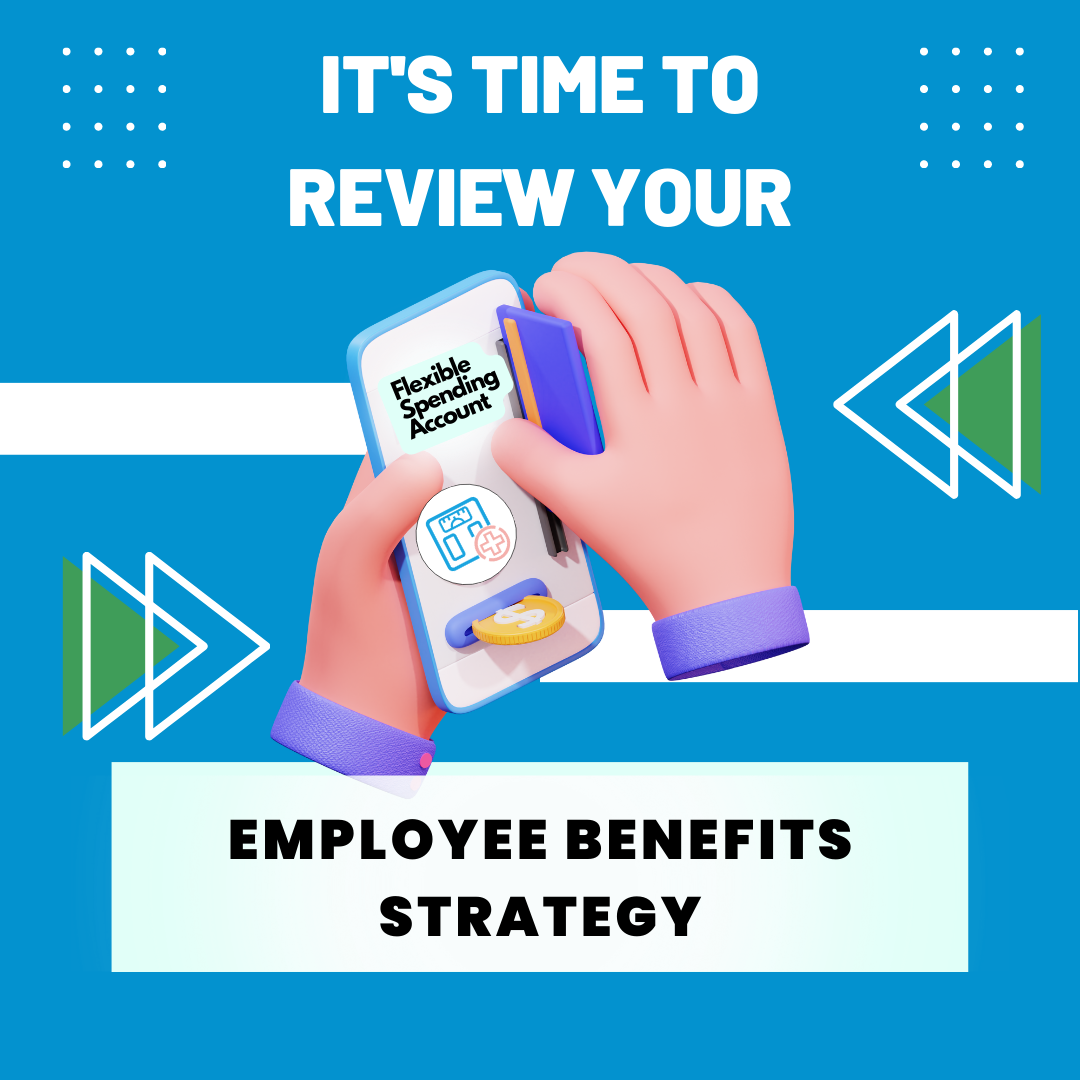
Offering the best of both worlds- traditional insurance and flexible plans
The numerous perks of flexible employee benefit plans are clear but it does not have to be an either/or situation. Employers can offer the best of both worlds. Flexible employee benefit plans can be implemented concurrently with traditional insurance policies. This can help maintain costs while still providing employees with a comprehensive and flexible benefits package.
One way to do this is to provide a set amount of money that employees can use to purchase traditional insurance policies, such as health, dental, and vision insurance, as well as other benefits such as gym memberships or transportation allowances.
Another approach is to offer a flexible spending account (FSA) or a health savings account (HSA) that employees can use to pay for outpatient or other out-of-pocket expenses not covered by the corporate’s inpatient policy. What most companies realise is that it is not cost effective to pay a premium for outpatient care since outpatient charges are on a pay-per-use basis.
It is important to regularly review and evaluate the benefit plan to ensure it remains cost-effective and meets the needs of employees. Communication with employees and regular surveys can help identify areas where changes can be made to improve the benefit plan while still controlling costs.
If you are running a business or managing teams, big or small, in Malaysia or Singapore and are keen on rethinking your employee benefits plan to ensure business growth in 2023, reach out to us here today!
Related articles:
- 3 common mistakes that cost your employee benefits ROI
- Five considerations when renewing employee benefits insurance
- Why attractive employee benefits matter more than you think
About Mednefits:
Mednefits helps businesses take care of their employees with its automated, affordable, and accessible employee benefits platform.
Request to join Mednefits for free to help process and track claims in real-time, while controlling costs.
